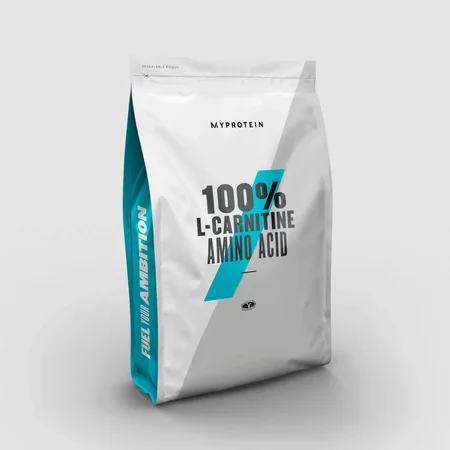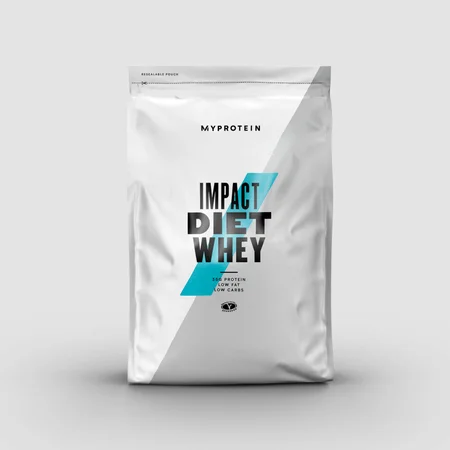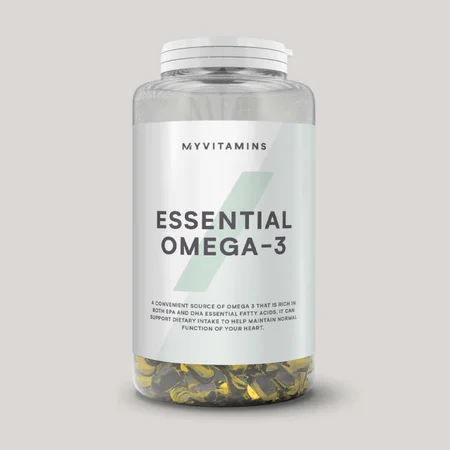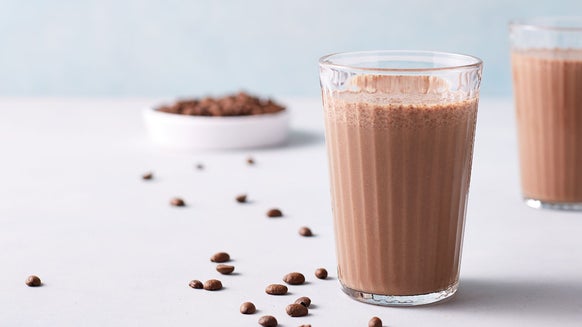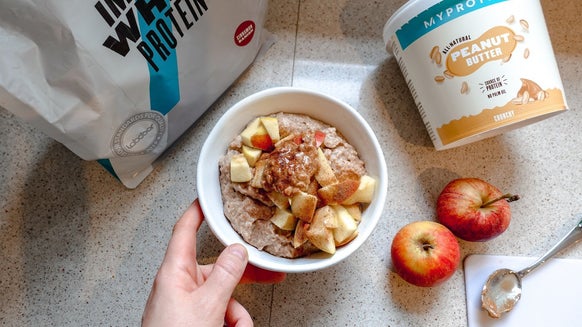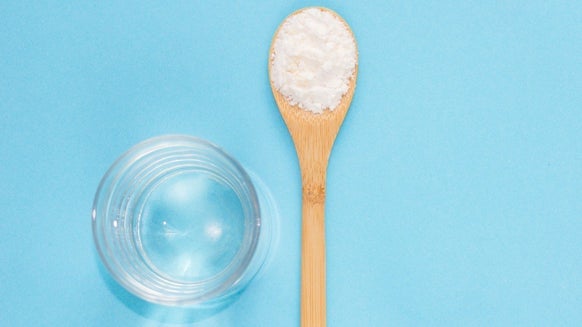Top 4 Supplements For Weight Loss
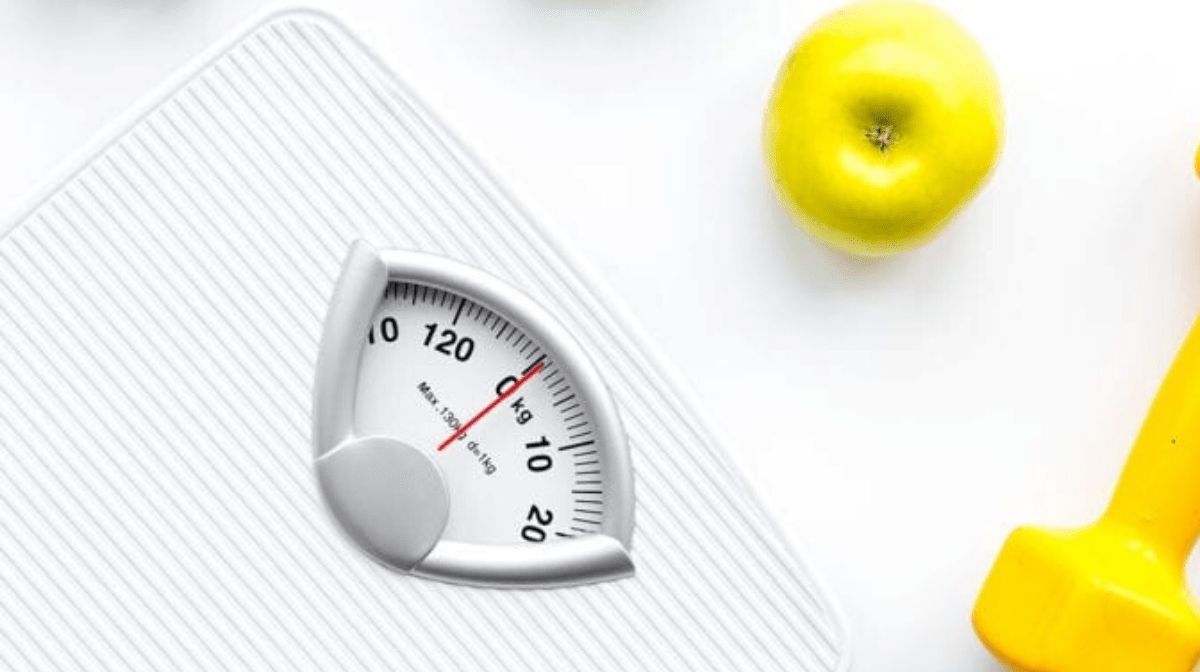
Losing weight is not easy and if you’re looking to see overnight results… think again. Losing weight begins with dedication, a good training regime and a top diet, but there are ways you can boost your weight loss- starting with these top 4 supplements for weight loss.
1. L-Carnitine
What actually is L-carnitine? L-Carnitine is a natural chemical that is created in the liver and kidneys from the amino acids lysine and methionine. But why is it so special?
L-carnitine has a range of benefits in the body with the number one being aiding weight loss. It acts by transferring long-chain fatty acids into mitochondria where they can be oxidised to produce energy… this acts to make our body burn our stubborn fat stores for energy!

2. BCAA
BCAA stands for branched chain amino acids. If you haven’t heard of amino acids before, they are the building blocks of proteins and are unlike others, so must be consumed in the diet. BCAA’s are some of the only amino acids directly related to muscle recovery that can be used as a good source of energy in the body. These include leucine, isoleucine and valine.

How do BCAA’s help with weight loss?
Supplementing with BCAA’s has been shown to help regulate the body’s insulin levels (Shah, 2012) and play a large role in several different metabolic reactions, whereby in a scientific review by Layman (2003) there was emerging evidence to show that the metabolic roles of leucine can increase weight loss.
To aid weight loss, supplement with BCAA’s first thing in the morning, before and after a workout.
3. Omega 3
Last but by no means least is Omega 3. If you haven’t heard of omega 3 before… you should have! Omega 3 is an essential fatty acid we get from nuts, seeds and certain types of fish such as salmon, sardines and mackerel!
In omega 3, we have two essential fatty acids, DHA and EPA. Notice the word “essential” - this means we must consume these fatty acids through the diet to live and function because our bodies cannot produce them! In the UK it’s advised that we consume at least one portion of fatty fish a week but like many recommendations… this rarely happens.

For example, in a study by Parra (2008), it was investigated whether appetite could be affected by omega 3 fatty acids when included in a calorie restricted diet. Over 8 weeks, a positive relation between omega 3 and fullness was observed and it was concluded that omega 3 intake can help modulate appetite and may be used for purposes of weight maintenance.
So to help aid your weight loss, supplementing with omega 3 capsules once to three times a day may also help regulate your appetite whilst aiding your metabolism in burning that fat!
4. Diet Whey Protein
Protein… most people associate it with big cuts of meaty steak and men with big muscles but did you know an increase in protein in the diet has been proven to increase weight loss and fullness?
Whey protein is the most popular consumed supplement and a great source of protein that is actually a by-product of the cheese making process. There’s a reason why it is the most popular dietary supplement on the market, as its fast absorbing properties and high amino acid content has various benefits for the body. Apart from increasing the rate of recovery and contributing to the maintenance and growth of lean muscle mass, whey protein has also been associated with increasing satiety and weight loss.

For example, in a double-blind 12-week study by Frestedt et al., (2008), overweight participants were subject to a diet where calorific intake was reduced by 500 Kcals a day. Members were asked to consume a whey protein drink or an isocaloric (same number of calories) ready-to-mix beverage 20 minutes before breakfast and 20 minutes before dinner.
It was found that both groups lost a significant amount of weight, however more weight was lost in the group consuming a whey protein-based drink. Not only this but those who consumed whey protein for 12 weeks lost significantly more body fat and less lean muscle.
Whey protein is the number one supplement to be incorporated as part of your diet for weight loss - try consuming a scoop of impact diet whey with milk, low-fat yoghurt or water first thing in the morning, after a workout or before bed.
A Take Home Message
If you’re looking to accelerate and increase your weight loss then these 5 supplements would be a good start but they’re not magic… without a balanced healthy diet and a good training regime you're unlikely to see maximum benefits. So make a plan and stick to it - you’ll regret giving up but you’ll never regret trying.
Frestedt, J. L., Zenk, J. L., Kuskowski, M. A., Ward, L. S., & Bastian, E. D. (2008). A whey-protein supplement increases fat loss and spares lean muscle in obese subjects: a randomized human clinical study. Nutr Metab (Lond), 5(1), 8.
Hursel, R., Viechtbauer, W., & Westerterp-Plantenga, M. S. (2009). The effects of green tea on weight loss and weight maintenance: a meta-analysis.International journal of obesity, 33(9), 956-961.
Layman, D. K. (2003). The role of leucine in weight loss diets and glucose homeostasis. The Journal of nutrition, 133(1), 261S-267S.
Parra, D., Ramel, A., Bandarra, N., Kiely, M., Martínez, J. A., & Thorsdottir, I. (2008). A diet rich in long chain omega-3 fatty acids modulates satiety in overweight and obese volunteers during weight loss. Appetite, 51(3), 676-680.
Shah, S. H., Crosslin, D. R., Haynes, C. S., Nelson, S., Turer, C. B., Stevens, R. D., ... & Svetkey, L. P. (2012). Branched-chain amino acid levels are associated with improvement in insulin resistance with weight loss.Diabetologia, 55(2), 321-330.

Frestedt, J. L., Zenk, J. L., Kuskowski, M. A., Ward, L. S., & Bastian, E. D. (2008). A whey-protein supplement increases fat loss and spares lean muscle in obese subjects: a randomized human clinical study. Nutr Metab (Lond), 5(1), 8.
Hursel, R., Viechtbauer, W., & Westerterp-Plantenga, M. S. (2009). The effects of green tea on weight loss and weight maintenance: a meta-analysis.International journal of obesity, 33(9), 956-961.
Layman, D. K. (2003). The role of leucine in weight loss diets and glucose homeostasis. The Journal of nutrition, 133(1), 261S-267S.
Parra, D., Ramel, A., Bandarra, N., Kiely, M., Martínez, J. A., & Thorsdottir, I. (2008). A diet rich in long chain omega-3 fatty acids modulates satiety in overweight and obese volunteers during weight loss. Appetite, 51(3), 676-680.
Shah, S. H., Crosslin, D. R., Haynes, C. S., Nelson, S., Turer, C. B., Stevens, R. D., … & Svetkey, L. P. (2012). Branched-chain amino acid levels are associated with improvement in insulin resistance with weight loss.Diabetologia, 55(2), 321-330.
